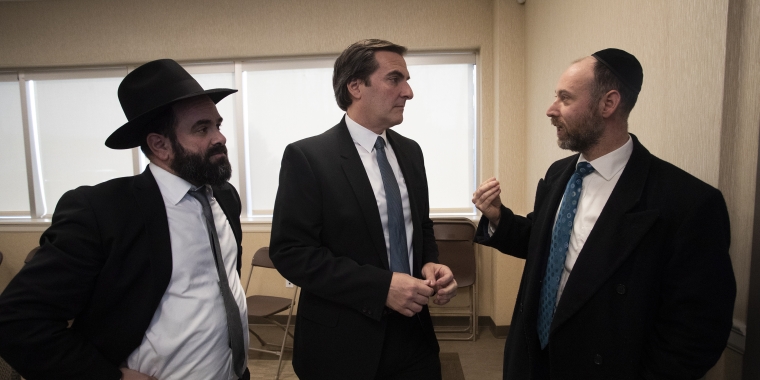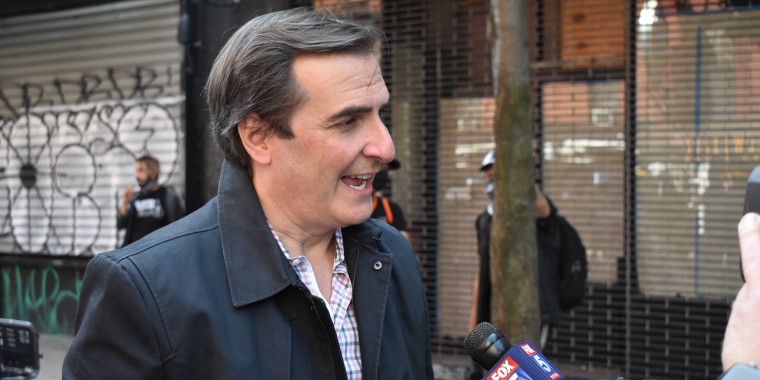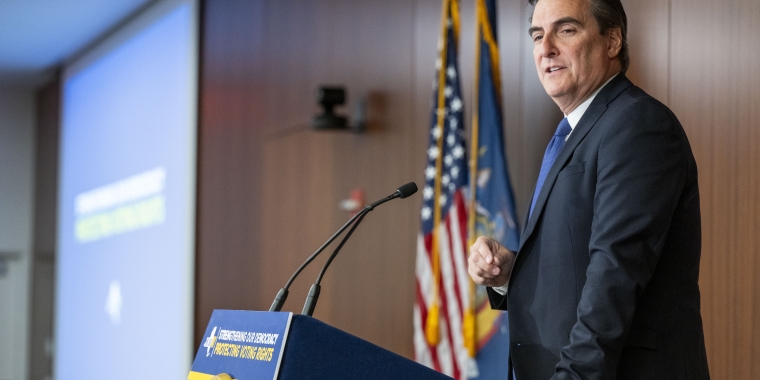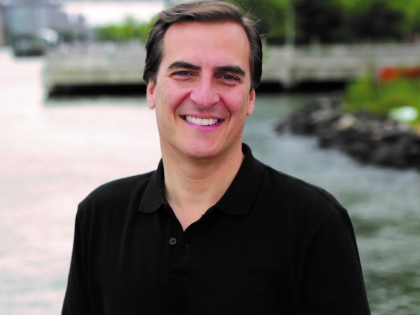
City Lab: After Amazon’s HQ2 Retreat, New York State Lawmakers Target ‘Corporate Welfare’
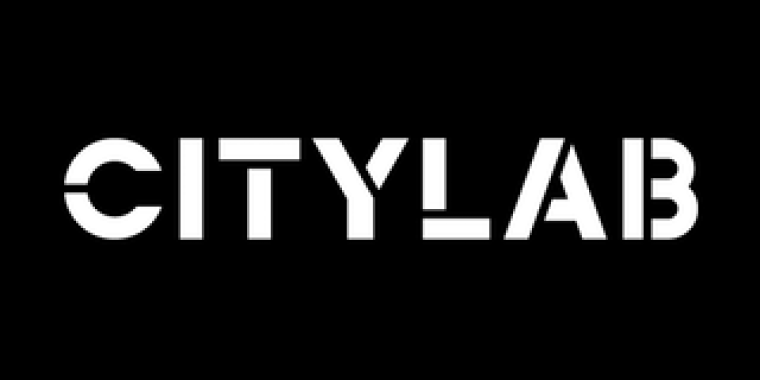
“Governments exist to protect the public interest, not to be subjugated to giant corporations who are telling governments what they should be doing,” said Democratic New York State Senator Michael Gianaris, who represents western Queens. Gianaris opposed the Amazon deal, and his appointment to the board approving the final incentive package was said to have played a key role in reversing the company’s decision to come to Long Island City. “It’s a perilous time, akin to the Robber Baron days over 100 years ago. And the sooner we get our hands around it and regulate it appropriately, the less damage will be done,” he said...In the interest of breaking free of that inertia, Gianaris is co-sponsoring the interstate compact, and has also introduced or is in the process of drafting a number of other economic development regulation bills. One, introduced last session, would limit the ability of the state or cities to enter into secrecy agreements with private entities, when the conversation kept from the public involves public resources—a reaction to the non-disclosure agreements that shielded many cities’ Amazon HQ2 bids from the public eye. Another would curb the potential abuse of the opportunity zone program, which was meant to encourage investments in needy census tracts but which Gianaris says has been misappropriated to wealthier neighborhoods, too. After a bombshell New York Times exposé on the process published last month, Gianaris says he has faith it will pass.
But the bill that could really shift the terms of future corporate deals is one that would require companies to submit a social and community impact statement for projects that receive above $1 million in public dollars before they’re allowed to break ground, similar to the environmental impact statements already mandated for proposed developments.
“I’m glad we force a consideration of development’s plans on the environment, but we should similarly require an assessment of a development on the affordable housing stock of a neighborhood, the stress on the infrastructure—whether it be mass transit or eduction or sewage,” Gianaris, who’s in the final stages of drafting the bill, says. “A lot of the things that were completely disregarded in the rush to embrace and participate in this Amazon beauty contest.”
Read the full article at CityLab here.

